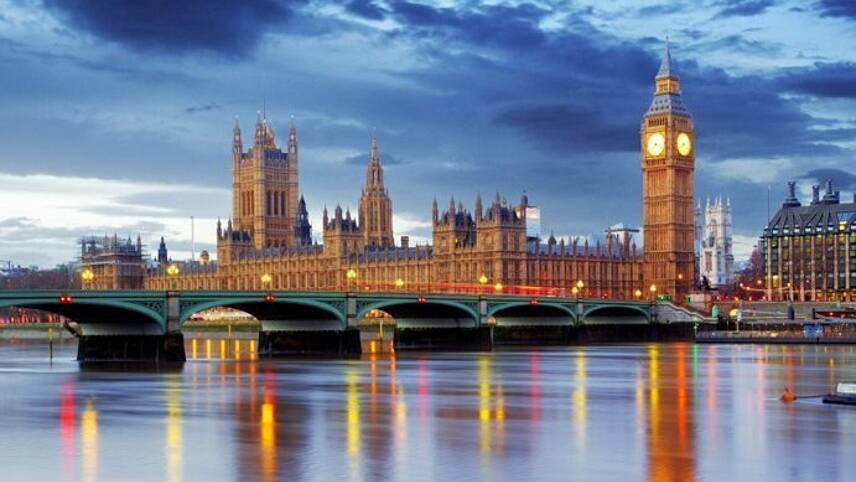Register for free and continue reading
Join our growing army of changemakers and get unlimited access to our premium content

Reports suggest that government officials expressed concerns over O'Neill's ability to steer COP26 proceedings
Clair O’Neill – formerly Perry – was announced as president of COP26 in June 2019 and relinquished her position as UK energy minister which she has held since January 2018 to focus on the presidency role.
However, after a little over six months at the helm, O’Neill has been removed from her position, with Prime Minister Boris Johnson mooted to name a replacement as part of a dedicated COP26 strategy that is set to be unveiled next week.
It is reported that Johnson will launch a strategy on the crucial climate conference on Tuesday, with Sir David Attenborough, Lord Stern and the PM’s new finance advisor for COP26 Mark Carney set to be in attendance.
The Cabinet Office’s statement reads: “Claire Perry O’Neill will no longer be UK COP26 president. The prime minister is grateful to Claire for her work preparing for what will be a very successful and ambitious climate change summit in Glasgow in November. Preparations will continue at pace for the summit, and a replacement will be confirmed shortly. Going forward, this will be a ministerial role.”
During her time as energy minister and COP president, O’Neill showcased strong advocacy skills and immense knowledge on the subject of climate change, playing a key role in getting more than 110 countries to “commit to rethinking” their Nationally Determined Contributions (NDCs) towards the Paris Agreement. Globally, nations are off-track to reach the Paris Agreement. Recent UN reports concluded that the world is set for an estimated 3.4C temperature rise if current NDCs are implemented.
However, with the UK enshrining its own net-zero emissions target into law, the COP26 summit in Glasgow in December is viewed as a key negotiation ground to push more nations onto the net-zero transition.
Bad news?
Reports suggest that the UK Government was concerned that O’Neill lacked understanding of the intricacies of leading global negotiations. Zac Goldsmith and former Conservative party leaders William Hague and Michael Howard are some of the suggested replacements.
The impact of O’Neill’s removal won’t be fully realised until the replacement is named, but reaction suggests that the decision could be a tactful approach to improving the outlook of COP26.
France’s former Prime Minister Laurent Fabius, for example, wasn’t steeped with knowledge on climate change, but still played a fundamental role in delivering the global agreement. Some view expertise in foreign affairs as arguably a more valuable skill in steering the global climate conference, especially as the science and the warnings of the Intergovernmental Panel on Climate Change (IPCC) IPPC report has outlined the necessity of decarbonisation.
The new COP president will likely be charged with organising global unity on accelerated climate efforts, rather than stressing the need to so.
As for the UK, COP26 is an opportunity to showcase its self-proclaimed ‘world-leading’ approach to climate action, especially if it can start to implement some tangible policies to start decarbonising at the rate required for net-zero emissions.
There are also some discrepancies to overcome further afield. At a major African summit last week, the UK Government was chastised after the Guardian drew attention to the near £2bn investment pool from the UK that was found to be funding fossil fuels in the continent.
Matt Mace


Please login or Register to leave a comment.